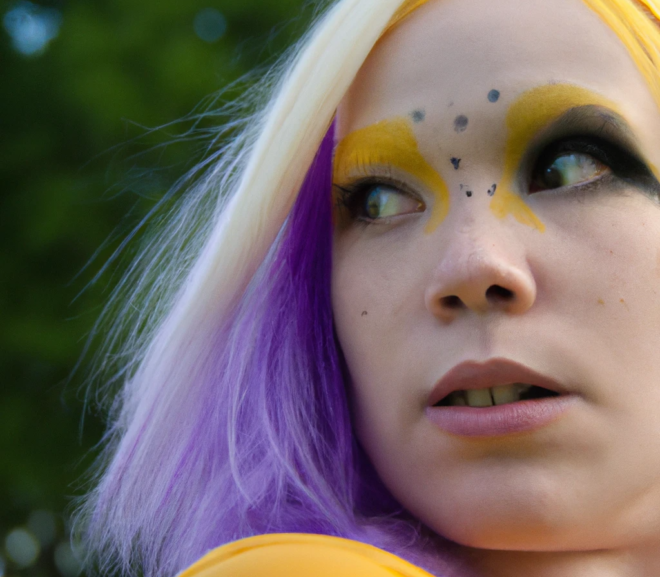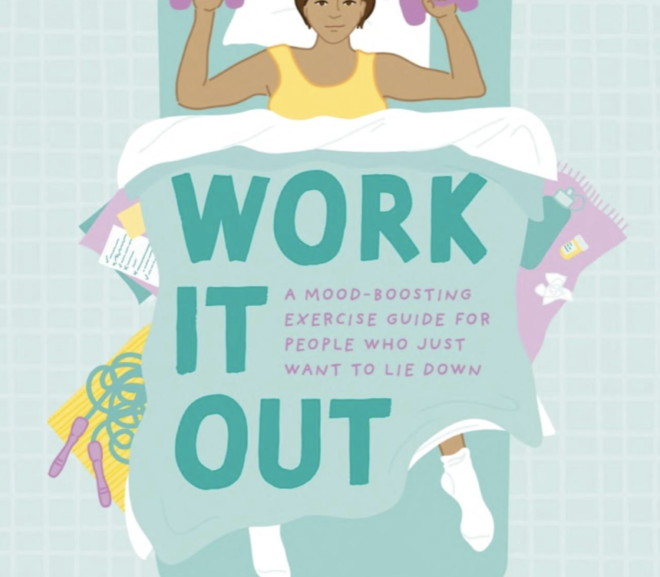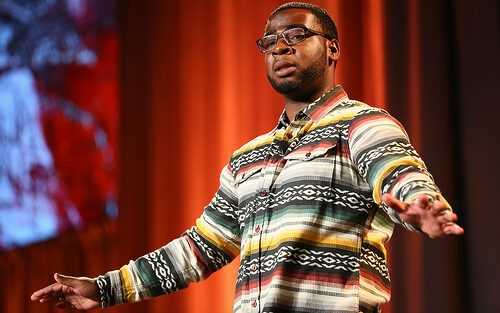Many autistic people find accepting compliments and being kind to ourselves difficult, especially if our experience has been that other people lambast us if we dare to exist openly while autistic.
Tag: self-care
At the end of the day, a sensory friendly home life means forget social conventions. Make your home work for you.
Autistic people are usually left to our own devices when it comes to navigating a social world defined by non-autistic rules. And when we make social errors, it’s very common to wish to retreat. Here are some (hopefully) comforting guidelines for such situations.
Sarah Kurchak’s Work it Out is a neurodivergent accessible guide to starting regular physical exercise. This is a handbook on how to get started for those who have had difficult due to any number of reasons (like stigma, physical and mental health, being neurodivergent in a world where instructions are not designed for your neurotype).
Photo © Katie | Flickr / Creative Commons [image:Black-and-white photo of a person wearing a hoodie and pants, seen from behind near deciduous trees, reaching up and out to the sky.] Maxfield Sparrow unstrangemind.com In the recent WWI movie, 1917, there’s a scene where the reluctant hero encounters a woman hiding behind enemy lines, trying to shush a starving baby. The baby isn’t hers so her body is not equipped to feed it. Lance Corporal Schofield had stopped to fill his empty canteen with milk—the only fluid he could find that was safe to drink—earlier that day. Although we know almost nothing about his life at that point in the film, his words and actions with the baby suggest that Schofield is a father, himself. He gives the milk to the woman and seems grateful to be able to do so. There is a lesson here. None of us are…
Functioning labels do not always relate to people’s real skills and can be based on hurtful stereotypes about autistic people. They also assume that people’s skills cannot change over time.
Maxfield Sparrow unstrangemind.com Photo © barbara w | Flickr/Creative Commons [image: Hands on a typewriter keyboard, at a sunny wooden desk, next to a drink on a crocheted white doily, amidst some plucked green leaves.] The last decade has seen a blossoming of blogs, articles, books, and documentary films about autism, authored by actually Autistic people. This is an exciting time of growth for Autist-created content about autism, and I want to encourage all Autistic people to document their lives: whether in a private journal, or to share with the public. There are great personal and community benefits that come from Autistic people writing about our lives—especially when we write about emotions, victories, and challenges and not just the factual events by themselves, although any autobiographical writing is helpful to the writer as well as to others if they decide to share what they’ve written. Michel Foucault, the postmodern philosopher,…
Laura Shumaker www.laurashumaker.com www.sfgate.com/cgi-bin/blogs/lshumaker/index I was a part time pharmaceutical rep with a one and a half year old at home the first time I got really sick, sicker than I had ever been. I remember walking up a flight of stairs carrying my detail bag full of Advil and The Today Sponge (yes, we are talking 1989) and feeling so weak that I had to sit down until I felt strong enough to go down the stairs in search of a pay phone so I could call my husband. “I think I need to go to the emergency room,” I told him. I was diagnosed with a meningeal infection and was given IV antibiotics. It took me weeks to completely recover. In a follow-up visit, I told my doctor: “This is so strange! I never get sick!” At that visit, I didn’t admit to him that I had been…






